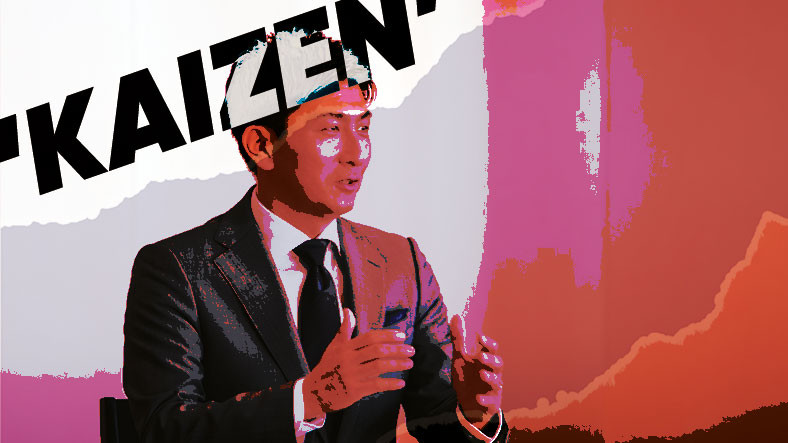Google’s leadership recognizes that next-generation artificial intelligence (AI)-based chatbots pose a tangible threat to the company’s search business. These systems provide simple answers to most questions and contain no online advertising.
In the last three decades, several products have revolutionized the tech industry: Netscape’s browser, Google’s search service, and Apple’s iPhone. Another breakthrough of this kind could be the ChatGPT chatbot — providing simple and clear answers to user’s questions without being limited to a set of links, and even helping people generate ideas ranging from business strategy to topics for blog posts.
ChatGPT will certainly continue to evolve, but even in its current form it poses a significant threat to Google and company management had to announce a “code red”. The search giant is believed to be on the brink of what the biggest players in Silicon Valley fear – a global technological change that could destroy business. Google’s search service has served as the world’s largest entry point to the Internet for users for over 20 years, and the company does not want to lose such a presence.
The ChatGPT project was published by the OpenAI research lab, and Google was once one of the developers of the technology behind it. It’s a technology made available to a number of new, small companies, each of which could pose a threat to Google search. Google also has its own alternative to ChatGPT – the LaMDA system, which attracted attention when one of the company’s engineers announced it was becoming conscious. This is still far from the truth, but the situation shows how far chatbots have come in recent months. Unfortunately, Google will not be able to make an alternative to the search engine – LaMDA is not suitable for advertising, which provides more than 80% of the company’s revenue.
Another major shortcoming of modern chatbots is their inability to distinguish between ‘good’ and ‘bad’: AI often confuses fact with fiction and allows statements that incite hatred when analyzing large volumes of data and crafting answers to questions. This can affect Google’s reputation.
But even in its current form, artificial intelligence systems are a concern for Google management. Company president Sundar Pichai (Sundar Pichai) held several working meetings the other day, where he urged his subordinates to define Google’s strategy for AI platforms, the New York Times learned. It also reassigned several units in response to the ChatGPT threat. He also ordered the strengthening of the development of artificial intelligence products for image creation – they will be an alternative to OpenAI DALL-E technology. Additional staff resources were allocated to solving the tasks, and the first results of the work were assigned to prepare for the May conference. At the same time, the priority aspect is called “ethical” AI, which protects users from false and “toxic” information.
As a final product, an artificial intelligence-based chatbot platform is planned for customers of Google cloud services, which can be used to organize technical support for their users – this platform will comply with all ethical standards. In parallel, a prototype of the system will be released without artificial restrictions, and customers can voluntarily choose it, recognizing that it may make false or offensive statements – it is proposed to limit the number of customers of this prototype to 500 thousand. .
Experts believe that Google will gradually improve its search service without making any revolutionary changes. So if he didn’t understand simple questions before, now he interprets them quite accurately and even shows ads in a conversational context. The problem is that public AI platforms have removed misinformation and “toxic” language, encouraging smaller players to work on their own search services, and if end users are more satisfied with working with Google than interacting with it, it could mean a tech. it happened








:quality(85)//cloudfront-us-east-1.images.arcpublishing.com/infobae/XMDUZTO3LZBR7P2OXJONDJAKBQ.png)




